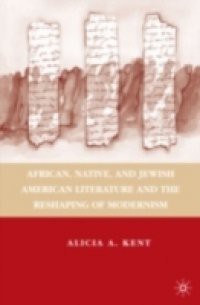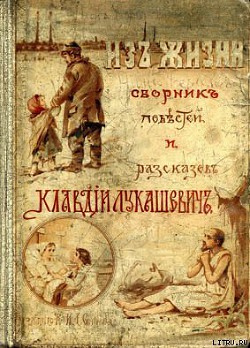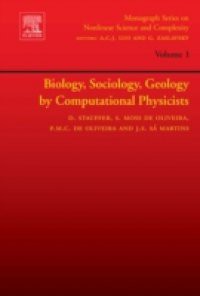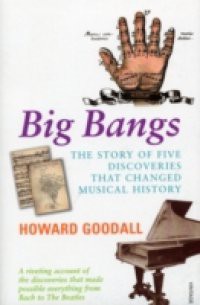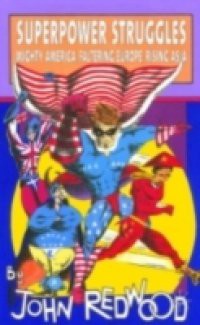This book provides a needed new interpretation of the complex cultural meanings of the late medieval, guild-produced, biblical plays of York and Chester, England, commonly known as mystery plays. It argues that the plays are themselves a ?drama of masculinity,? that is, dramatic activity specifically and self-consciously concerned with the fantasies and anxieties of being male in the urban, mercantile worlds of their performance. It further contends that the plays in their historical performance contexts produced and reinforced masculine communities defined by occupation, thus visibly naturalizing the world of work as masculine. The book offers welcome insight into a significant, canonical genre of dramatic literature that has been studied previously in devotional and civic contexts, but not yet in its role in the cultural history of masculinity.
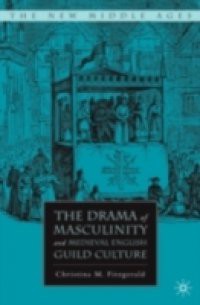



 9.2 (5)
9.2 (5) 